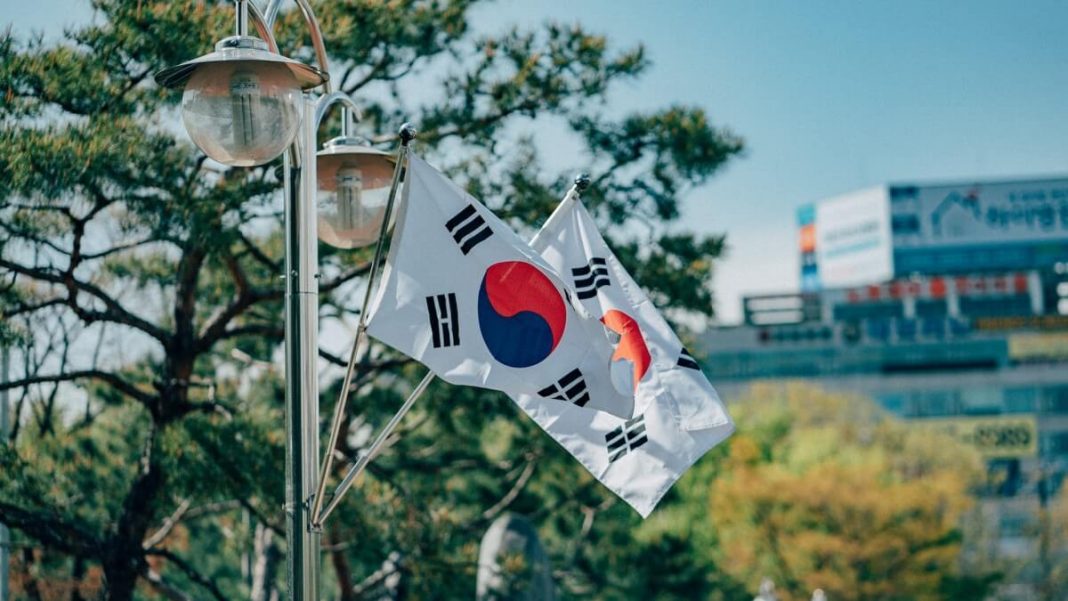South Korea launched its “Top-Tier” visa system on April 2, 2025, in a bid to attract talents from other countries engaged in high-tech sectors.
Announcing the decision, the Acting Minister of Justice, Kim Seok-woo, unfolded plans for a customized visa policy in order to stimulate regional economies while also bringing to the country global talents, VisaGuide.World reports.
The system aims to bring in highly skilled international professionals by offering the F-2 visa to senior engineers as well as their family members who plan projects in industries that lead to international innovation.
The program consists of biotechnology, semiconductors, and secondary batteries. Robotics and the defense industry are yet to be added.
The visa is dedicated to professionals holding a master’s or PhD from the world’s top 100 universities and also experience at a global company or think tank.
In order to qualify for this program candidates are required to meet the following conditions:
- Have at least eight years of work experience, taking into account three years at a top 500 global company, or
- Have at least five years of post-doctorate research, with three years at a top global institute.
In addition, candidates also need to earn at least KRW 149,865,000 per year ($102,500), three times South Korea’s gross national income.
However, if a person earns more or four times the GNI (KRW 199,820,000) they are excluded from the education and work experience requirements.
“Top-Tier” Visa to Boost South Korea’s Economy
Plans to introduce the “Top-Tier” Visa were unfolded last month during a meeting held by South Korean officials at the Government Complex Seoul on March 5.
Back then officials reported that the implementation of the scheme would be made in March 2025.
In addition, authorities in South Korea said they plan to attract over 1,000 senior engineers from foreign technology companies.
The new program is expected to boost the country’s economy by attracting a large number of foreign talents, especially young researchers and emerging professionals.
The world has entered a full-scale competition to secure top talent in advanced industries. Adapting to demographic and economic structural changes and revitalizing the economy and society makes utilizing foreign talent no longer an option but a necessity.
Among the benefits of obtaining this kind of visa is that the government of South Korea plans to reduce income tax. South Koreans need to pay income tax rates from six to 45 percent, depending on income levels, while foreigners will benefit from a special tax rate of over 19 percent on their gross annual salary.
